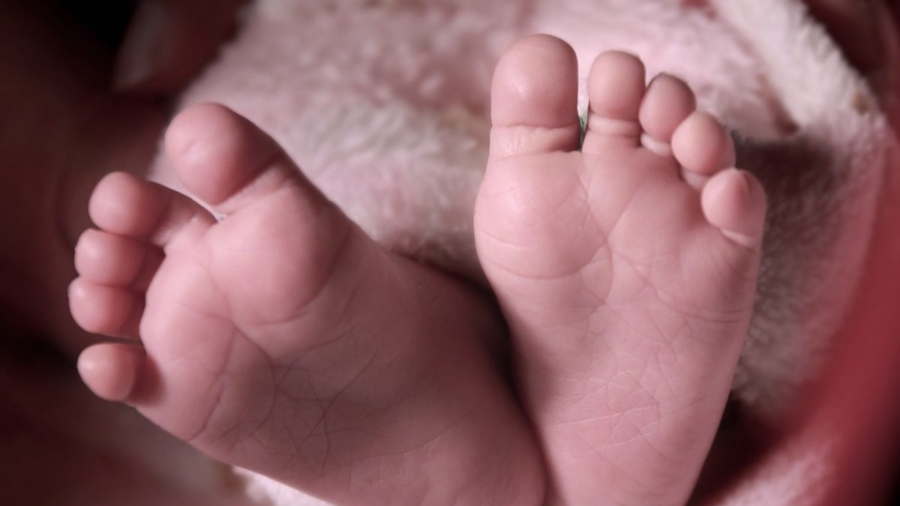A proposed bill in Tennessee seeks to prosecute new mothers for assault if their baby is born addicted or harmed from illegal drug use during pregnancy.
Rep. Terri Lynn Weaver (R-Lancaster) and Senator Janice Bowling (R-Tullahoma) filed the bill (pdf) last week. Under the bill, “if the woman’s child is born addicted to or harmed by the narcotic drug and the addiction or harm is a result of the woman’s illegal use of a narcotic drug while pregnant,” the woman could be prosecuted for assault.
A defense to this would be if the woman is actively enrolled in an addiction recovery program before the child is born, and remains in the program after delivery to successfully complete the program, according to the bill.
A similar state law was passed in 2014, making Tennessee the first state in the country to criminalize illegal drug use during pregnancy. But the law ceased on June 30, 2016, due to a sunset clause. The recently proposed bill by Weaver and Bowling intends to bring it back.
According to a 2017 study, the reason for the state to reintroduce such a law was that the rate of infants suffering opioid withdrawal syndrome or neonatal abstinence syndrome (NAS) rapidly rising. This is a condition in which a baby has withdrawal symptoms after being exposed to certain substances due to the mother’s use of medication or illicit drugs during pregnancy, according to the Tennessee Department of Health.
The types of medications and drugs that are causing withdrawal include opioids and benzodiazepines—a drug which helps with anxiety or sleep. In addition, cocaine is also one cause of withdrawal syndrome.
The state’s Department of Health (pdf) said in its annual report that since the early 2000s, the incidence of withdrawal syndrome has increased by 10-fold, which far exceeds the national increase of 3-fold over the same time period.
In 2017, there were 1,090 cases of NAS, up from 1,071 cases in 2016 and 1,049 in 2015. Babies who suffer from NAS usually stay in the hospital longer than other babies and could have serious medical and social problems, according to the department.
If the bill is passed, it would go into effect on July 1 this year.
Other States
Across the country, states have different approaches to deal with the rising number of NAS, with policymakers having debatted the issue since the 1980s.
According to the research organization Guttmacher Institute, 23 states and the District of Columbia consider drug use during pregnancy to be child abuse under civil child-welfare laws. Three of these states—Minnesota, South Dakota, and Wisconsin—also consider this grounds for civil commitment.
The Supreme Courts in Alabama and South Carolina have also upheld the convictions of new mothers who abuse drugs during pregnancy, ruling that it constitutes criminal child abuse. However, the Supreme Court in Pennsylvania took the opposite view in the issue, saying that fetuses and unborn children are not included in the definition of a child.
“Had the General Assembly intended to include a fetus or unborn child under the protection of the [Pennsylvania’s] Child Protection Services Law, it would have done so,” Justice Christine Donohue wrote in the majority decision, reported Reuters.
Moreover, healthcare professionals in 25 states and the District of Columbia are required to report suspected prenatal drug use, while in eight states they are required to test for prenatal drug exposure if drug use is suspected.


